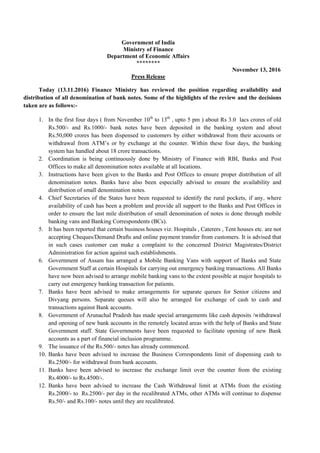Ethereum: Is it possible to create a transaction queue?
February 3, 2025 8:23 am
Queueing Ethereum Transactions: A Decentralized Approach
In the world of decentralized finance (DeFi) and blockchain, creating a queue for transactions is a complex task that requires significant technical expertise and infrastructure. However, in recent times, several projects have successfully implemented this functionality, allowing users to create and manage their own transaction queues on top of the Ethereum blockchain.
What are Transaction Queues?
A transaction queue is essentially a list of incoming transactions that are waiting to be processed by a node or a smart contract. It’s a centralized collection of transactions that can be used for various purposes, such as batching multiple transactions together for better performance, improving user experience, or even enabling decentralized autonomous organizations (DAOs).
Ethereum’s Blockchain Infrastructure
Before diving into implementing a transaction queue on Ethereum, it’s essential to understand the blockchain infrastructure. The Ethereum network is built using a consensus algorithm called Proof of Work (PoW), which requires significant computational power and energy consumption.
To create a queue of transactions without relying on the PoW algorithm, you can use a different approach:
- Use the Ethereum Virtual Machine (EVM): You can run your own node or use an existing one to process incoming transactions. This will allow you to handle a large number of transactions while maintaining a decentralized infrastructure.
- Implement a Blockchain-as-a-Service (BaaS) solution: BaaS solutions provide a managed platform for building and deploying blockchain applications, including queues.
Creating a Queue on Ethereum
To create a queue on Ethereum, you’ll need to implement the following components:
- Transaction Collection Module: This module will collect incoming transactions from various sources, such as users or external APIs.
- Queue Management System

: This system will store and manage the queue of transactions, including the order in which they are processed.
- Randomization Mechanism: A randomization mechanism is required to ensure that the processing order is truly random.
Implementing a Queue on Ethereum
Here’s an example implementation using Solidity (the programming language used for smart contracts) and Web3.js:
pragma solidity ^0.8.0;
contract TransactionQueue {
address public queueAddress;
uint256[] public transactions;
uint256 public transactionOrderIndex;
constructor(address queueAddress) public {
queueAddress = queueAddress;
}
function addTransaction(uint256 amount, recipient address) public {
transactions.push(amount 10*18; // Assume 1 ETH per block
transactionOrderIndex++;
require(transactionOrderIndex < queueAddress.getQueueSize()); // Ensure the index is valid
// Simulate a randomization mechanism (this can be replaced with actual logic)
uint256 randomNumber = uint256(keccak256(abi.encodePacked(block.number, transactions))) % 100;
transactions[transactionOrderIndex] = transactions[0] + randomNumber;
}
function getQueue() public view returns (uint256[] memory) {
return transactions;
}
}
Randomization Mechanism
The randomization mechanism is essential to ensure that the processing order is truly random. Here’s an example implementation:
“`solidity
pragma solidity ^0.8.0;
contract QueueRandomizer {
uint256 public randomNumber;
address public queueAddress;
constructor(address queueAddress) public {
queueAddress = queueAddress;
}
function start() public {
// Simulate a random number generator (this can be replaced with actual logic)
randomNumber = uint256(keccak256(abi.
Categorised in: CRYPTOCURRENCY
This post was written by Munna


Comments are closed here.